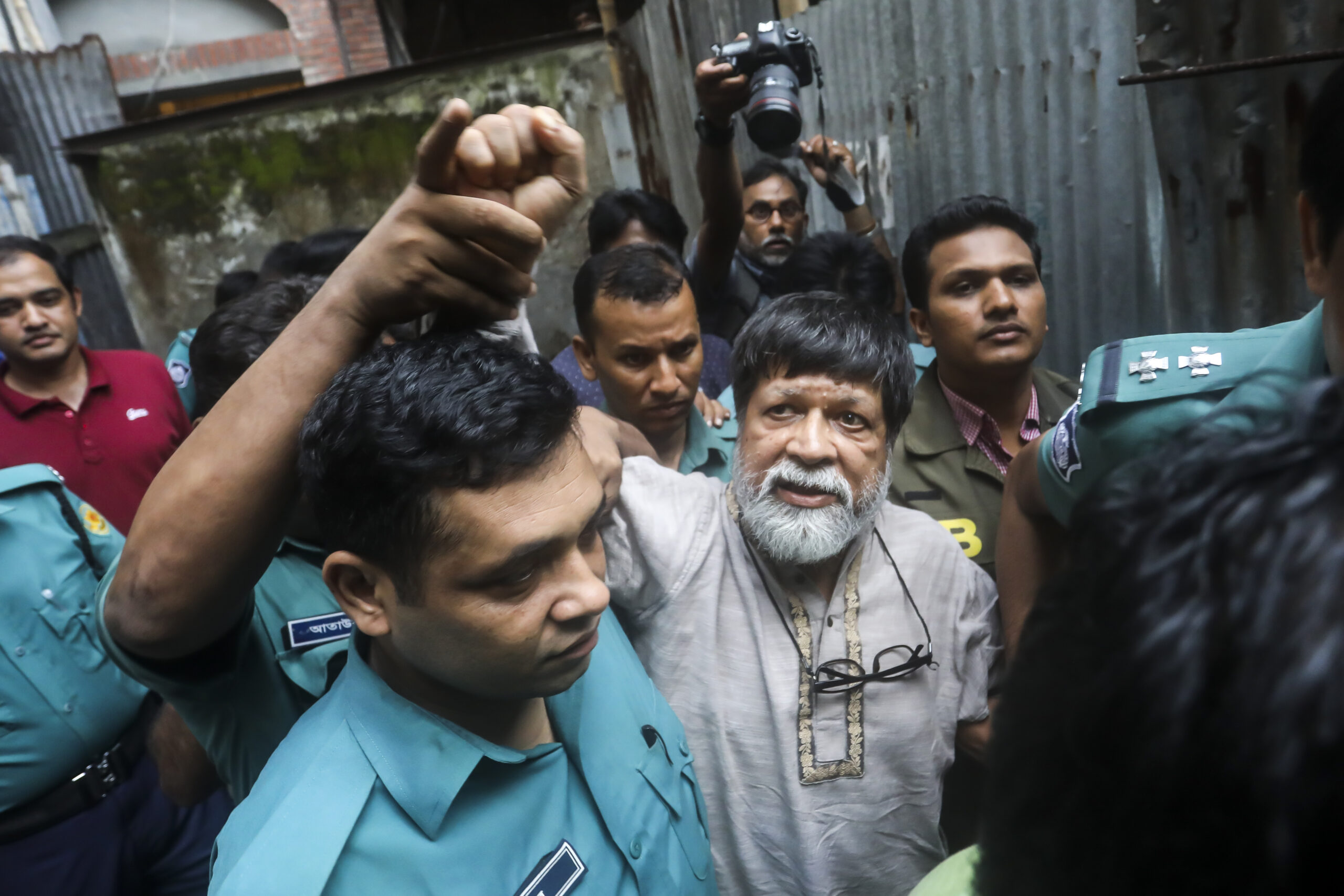Digital Personal Data Protection Bill : Regressive Amendments to RTI Act
RTI activists have slammed the Digital Personal Data Protection Bill, 2023 for its regressive amendments proposed to the RTI Act and the lack of independence and autonomy of the oversight body- the Data Protection Board.
The bill was introduced in the Lok Sabha today (read a summary here).
In a statement, the National Campaign for Peoples’ Right to Information (NCPRI) expressed its disappointment at the provisions of the bill. The NCPRI noted that the bill “continues to suffer from the problems pointed out by the NCPRI with the previous draft put in the public domain by MeitY.
(Read/download the full statement here:
Earlier, the Parliamentary Committee on Information Technology has endorsed the controversial Digital Personal Data Protection Bill without “any reservations or ambiguity”, ignoring numerous appeals and the misgivings on the provisions of the bill, voiced by Right to Information activists, lawyers and human rights activists.
The proposed legislation, besides dealing extensively with privacy and data protection regulations, is part of the digital thrust of the Union government and the move towards introducing a ‘Digital India Act’, which will replace the existing Information Technology Act, 2000 (amended in 2008).
A report on the proposed legislation was submitted to the committee on July 26, but opposition members walked out of the meeting, as the draft law was not shared with them, though the Union cabinet approved it on July 5. Even the report tabled in the committee was not shared with them beforehand, they alleged.
The draft law, released by the Ministry of Electronics and Information Technology (MeitY), has been on the cards for the last five years now and is, in fact, the fourth draft law! The first draft was submitted by the Srikrishna Committee in 2018, a revised draft was tabled before the Lok Sabha in 2019 and referred to a Joint Parliamentary Committee. The committee submitted a report and another draft in 2021 but the government decided to withdraw it in August 2022.
On July 14, a week before the the NCPRI wrote to parliamentarians to express their concerns regarding the Digital Personal Data Protection Bill. They said that the bill sought to amend the Right to Information (RTI) Act, 2005 by severely restricting its scope and adversely impacting the ability of people to access information. The bill amends
the provision regulating the disclosure of personal information to exempt all personal information from the ambit of the RTI Act. It seeks to delete a key overarching provision which lays down the conditions under which even information which qualifies to be exempt from disclosure is liable to be provided under the RTI Act. The draft bill also seeks to give wide discretionary powers to the Central government both, in rule making and vis-à-vis the
oversight body.
The letter to parliamentarians said that the Digital Personal Data Protection Bill (DPDP Bill) was “expected to develop a framework to balance the need to protect certain kinds of personal data with the provisions of the RTI Act, which lays out the statutory framework for Indian citizens to access information. However, the draft Bill which was made public fails to do so.
The letter was signed by prominent RTI activists, including Anjali Bhardwaj, Nikhil Dey, Venkatesh Nayak, Rakesh Reddy Dubbudu, Pankti Jog, Pradip Pradhan, Dr. Shaikh, Amrita Johri, Ashish Ranjan, Chakradhar Buddha, Kathyayini Chamraj, Jayaram Venkatesan and Karuna M.
Statements
Related

